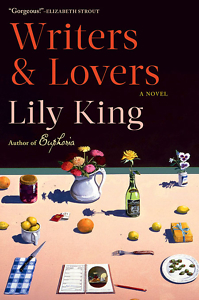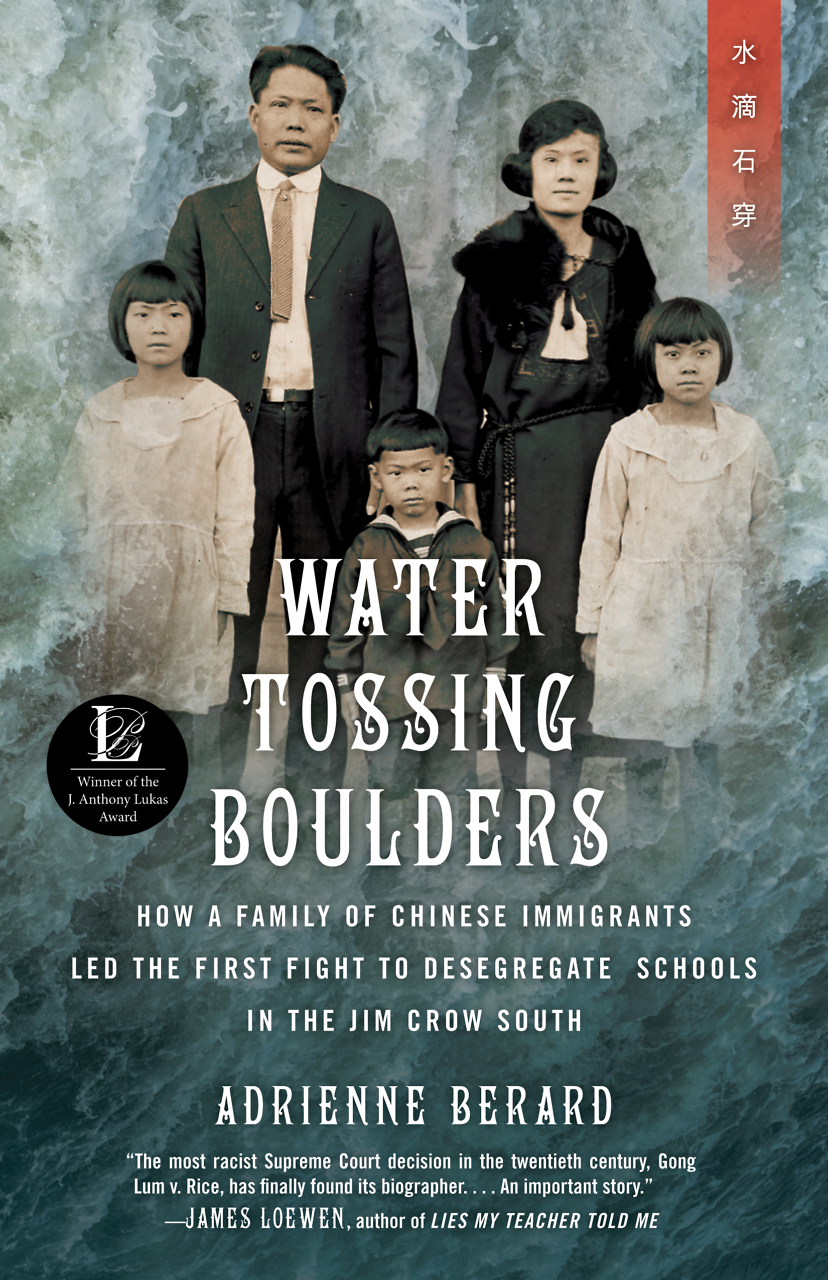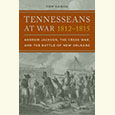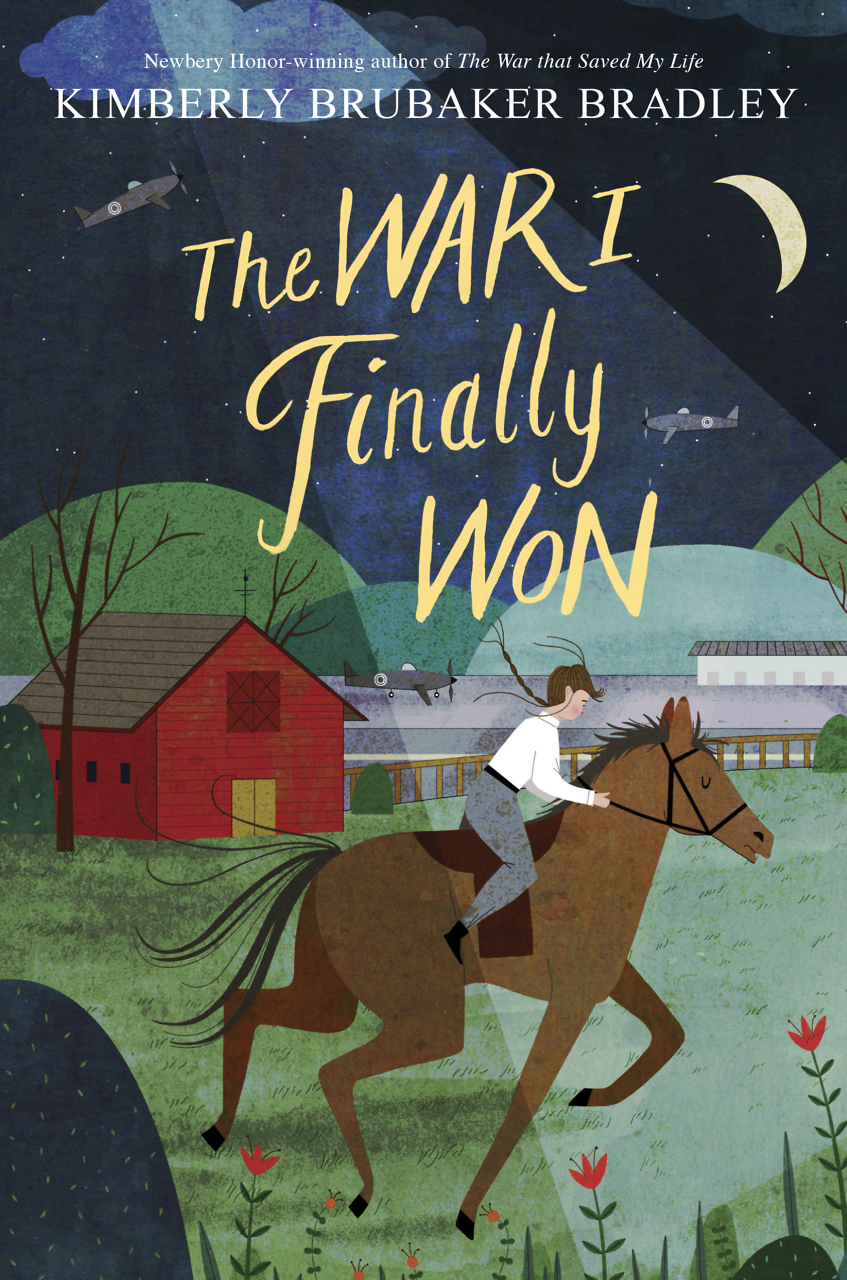Staying with the Dream
An aspiring writer toughs it out in Lily King’s Writers & Lovers
“There are so many things I can’t think about in order to write in the morning,” says Casey Peabody, the 31-year-old heroine of Writers & Lovers, Lily King’s terrific fifth novel. “I have a pact with myself not to think about money. … I’m like a teenager trying not to think about sex. But I’m also trying not to think about sex.”

Other taboo thoughts: a recent bad breakup, death in general, and her mother’s sudden death in particular. Casey lives in a repurposed potting shed, where she offsets the rent by walking her obnoxious landlord’s dog. She’d prefer not to think about him, either — “one conversation can destroy my whole morning” — but jerks, especially male ones, have a way of invading Casey’s space. When she comes back from walking the dog at dawn, the landlord waylays her in the driveway. He watches her as she lets his dog inside and then chats her up while leaning against his Mercedes. “How’s the novel? How many pages you got now?” he asks. Casey answers vaguely, keeps moving. As she hustles to her room, he hits her with the real zinger: “You know, I just find it extraordinary that you think you have something to say.”
He’s missing the point. “I don’t write because I think I have something to say,” Casey muses, back at her desk in the moldy-smelling shed. “I write because if I don’t, everything feels even worse.”
“It’s strange not to be the youngest kind of adult any more,” Casey thinks while biking to her job as a waitress. After depositing the tips from her lunch shift, she weeps on a bench. She’s deep in college and grad school debt, with no relief in sight. “All I can do now is manage it, pay the minimums until — and this is the thing — until what? Until when? There’s no answer. That’s part of my looming black specter.”
Things weren’t always this grim. After college, Casey lived with a group of fellow would-be writers and poets. Over the next few years, all her friends gave up on the dream. One became a tax attorney, one a realtor (who insists she’s still “using her imagination” to visualize her clients’ new lives). But Casey persisted. She got an M.F.A., wandered around the country with (or to get away from) a boyfriend or two, worked in a bookstore, spent a couple of years in Spain. “Life was light and cheap, and if it wasn’t cheap I used a credit card.”
 By the time we meet her, Casey’s in dire straits. She confides in no one and successfully hides both her heartbreak and her grief. “I don’t want to be the girl whose mother just died. It’s bad enough to be the girl who’s just been dumped on her ass.” The dumper, a passionate, sensitive poet, checked all of Casey’s boxes. (They met at a writing residency, six weeks after Casey’s mother’s death.) “He just blasted me apart,” Casey tells her friend Muriel after the breakup. “I don’t even know where to find the bolts and screws.”
By the time we meet her, Casey’s in dire straits. She confides in no one and successfully hides both her heartbreak and her grief. “I don’t want to be the girl whose mother just died. It’s bad enough to be the girl who’s just been dumped on her ass.” The dumper, a passionate, sensitive poet, checked all of Casey’s boxes. (They met at a writing residency, six weeks after Casey’s mother’s death.) “He just blasted me apart,” Casey tells her friend Muriel after the breakup. “I don’t even know where to find the bolts and screws.”
Muriel drags Casey to a book party, where she bumps up against a cute guy named Silas with an alluringly chipped front tooth. Together, they make fun of the honoree — an established, older writer named Oscar Kolton — by mocking his pretentious book jacket. “Why do men always want to look like that in their author photos?” Casey wonders out loud. “Whereas with women … they have to be pleasing.” She pulls several examples from a shelf at random, all of which prove her theory. “Please like me,” she imagines the women saying. “Even though I’m an award-winning novelist, I really am a nice, unthreatening person.”
Silas is charmed. Banter ensues. And Casey, who manages to stay remarkably open to the world even in the depths of her despair, is charmed right back. To complicate matters, Oscar Kolton — a recent widower, it turns out — shows up at Casey’s restaurant, adorable young sons in tow. He, too, falls hard for our heroine.
But Writers & Lovers is much more than a triangular tale of grieving creatives in mutual thrall. The real romance — the story that enthralls — involves Casey and her novel-in-progress. Though Oscar and Silas are vivid, richly drawn, and memorable, they never quite manage to compel on their own. Instead, they do what female characters have traditionally done in portrait after tiresome portrait of the artist as a self-centered young man. They’re helpmeets, vehicles, or (if you prefer) tools, and they’re only interesting in conjunction with Casey herself.
“There are so many books about men becoming writers,” King told Publisher’s Weekly in a pre-publication interview. “I wanted to write one about women becoming writers. I needed this when I was starting — the encouragement to stay with the dream.” As encouragement and example, Writers & Lovers succeeds beautifully. By subverting a tired tradition, King ushers in a new era and shows us a thrilling new way.

From 2012 to 2016, Fernanda Moore was the fiction critic for Commentary. Her work has also appeared in The New York Times Magazine, Marie Claire, New York, and Southern Living, among others.


